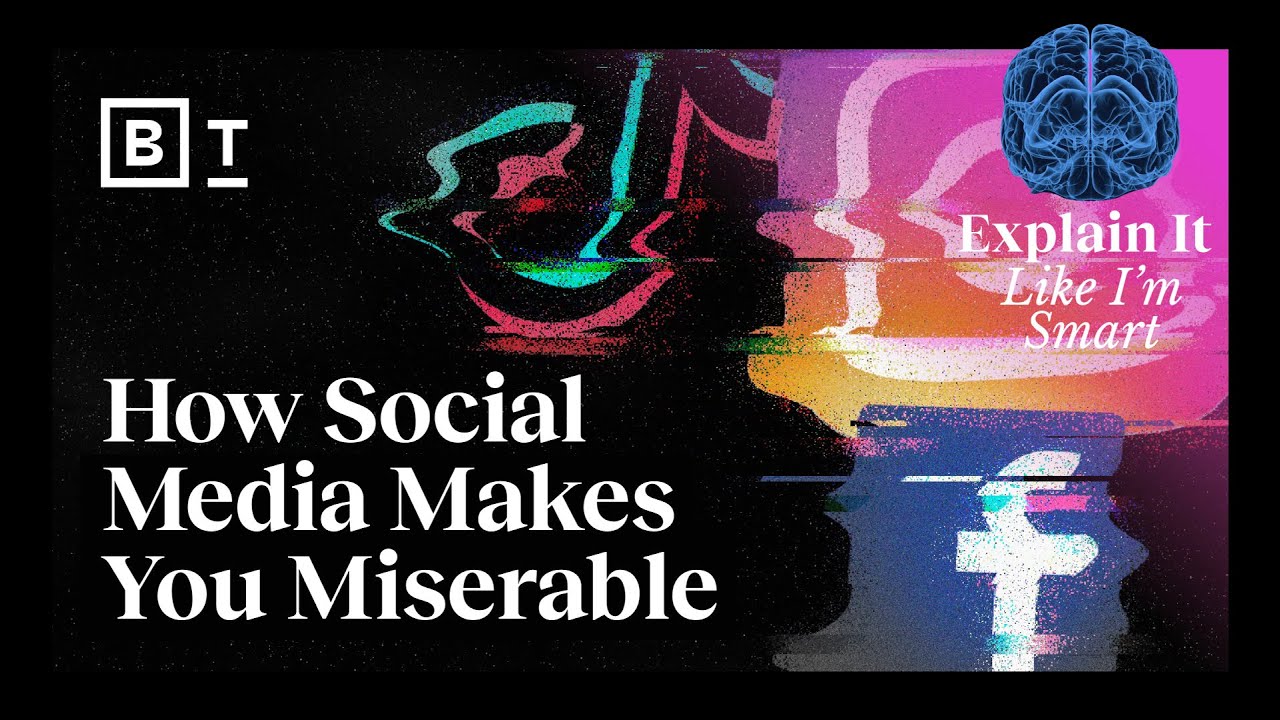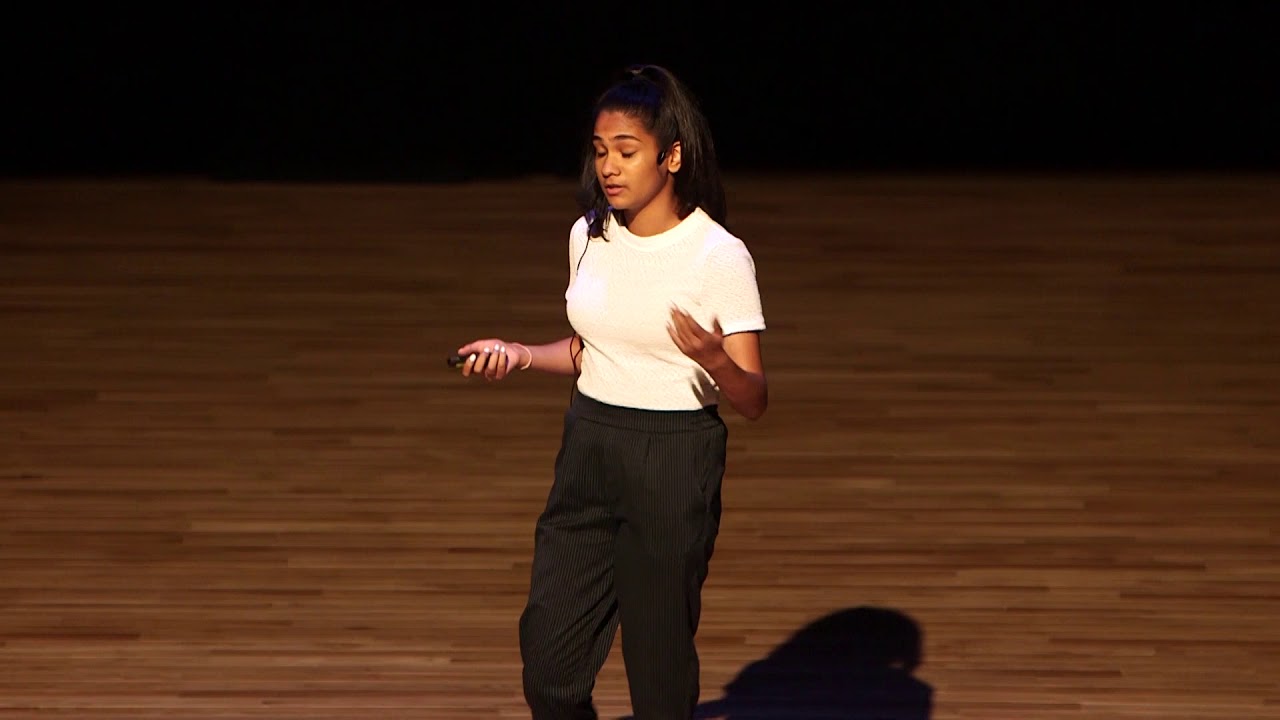Social media addiction – how it changes your brain, with Luke Burgis
Subscribe to Big Think on YouTube ►►https://www.youtube.com/c/bigthink
Up next ►► How social media changes identity, personality, memory | Parker Posey | Big Think https://youtu.be/VHEfCSHZfs8
By definition, mimetic desire means that we’re adopting another person’s desire as our own, usually without even realizing that we’re doing it. Social media has given us millions of mimetic models that we now have to contend with. Some people have gone from having 10 mimetic models to now having thousands, and we haven’t quite come to grips as a culture with what that means for our mental and emotional health.
All desire comes from us feeling like we lack something, which can bring us into a dangerous, vicious habit because there will always be another model to find. We have to choose our models wisely whether they are famous influencers across the globe or our closest friends. We also have to know when the model is inflaming us with the desire for something that’s going to bring real fulfillment or whether it’s going to bring a dopamine hit or allow us to fantasize about a life that we’ll probably never have.
All desires are modeled for us 24 hours a day, billions of them, and we need to understand the mimetic landscape of social media, or else we’ll become completely controlled by it.
Read the video transcript: https://bigthink.com/series/explain-it-like-im-smart/social-media-addiction/
———————————————————————————-
About Luke Burgis:
Luke Burgis is a veteran entrepreneur and author. He’s the Entrepreneur-in-Residence at the Ciocca Center for Principled Entrepreneurship in Washington, DC, and the founder of Fourth Wall Ventures, an incubator that invests in people, art, and technology that contribute to a healthy human ecology. Luke studied business at NYU Stern before doing graduate work in philosophy and earning an S.T.B. in Theology from the Pontifical University of the Holy Cross in Rome. He’s the author of the book Wanting: The Power of Mimetic Desire in Everyday Life, which popularized the work of cultural anthropologist René Girard. He lives with his wife, Claire, in the DC area.
———————————————————————————-
Read more of our stories on social media addiction:
Profile of a social media addict: Do you fit the description?
►►https://bigthink.com/mind-brain/profile-of-a-social-media-addict-do-you-fit-the-description/
Psychology, Social Media Addiction, and the Element of Surprise
►►https://bigthink.com/videos/tim-wu-on-the-psychology-behind-email-addiction/
Tech hack: These 4 steps will make your phone less distracting
►► https://bigthink.com/smart-skills/phone-distraction/
———————————————————————————-
About Big Think | Smarter Faster™
► Big Think
The leading source of expert-driven, educational content. With thousands of videos, featuring experts ranging from Bill Clinton to Bill Nye, Big Think helps you get smarter, faster by exploring the big ideas and core skills that define knowledge in the 21st century.
► Big Think+
Make your business smarter, faster: https://bigthink.com/plus/
———————————————————————————-
Want more Big Think?
► Daily editorial features: https://bigthink.com/popular/
► Get the best of Big Think right to your inbox: https://bigthink.com/st/newsletter
► Facebook: https://bigth.ink/facebook
► Instagram: https://bigth.ink/Instagram
► Twitter: https://bigth.ink/twitter

